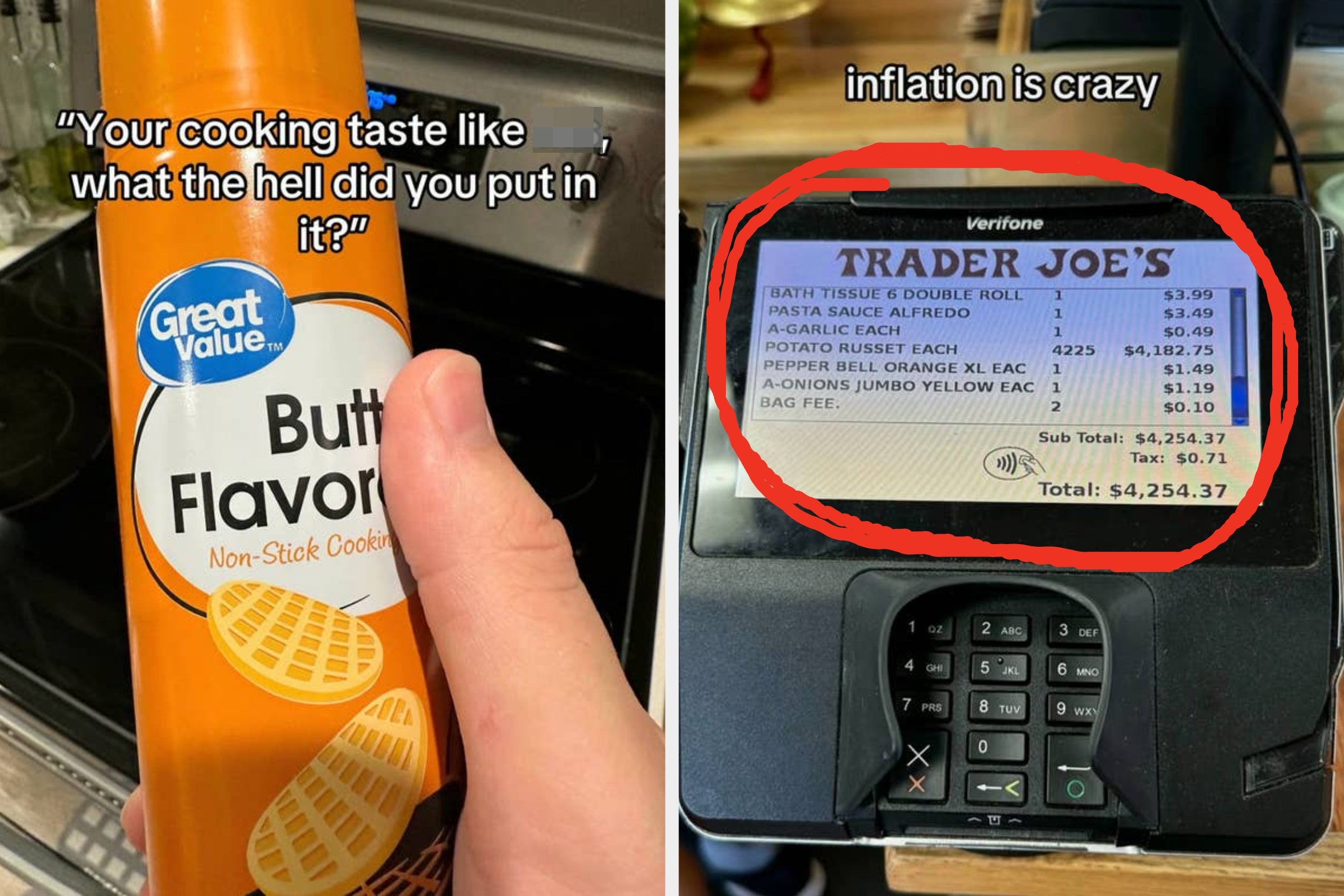 Andrew Sullivan sticks up for Nixon speechwriter, presidential candidate, and pundit Pat Buchanan, fired this week by MSNBC:
Andrew Sullivan sticks up for Nixon speechwriter, presidential candidate, and pundit Pat Buchanan, fired this week by MSNBC:Sixteen years ago, when I came out as HIV-positive and quit [The New Republic's] editorship, Buchanan, who had sparred relentlessly in public with me over gay equality, wrote me a personal hand-written note. He wrote he was saddened by what he heard - which was then regarded as an imminent death sentence - and wanted to say how he would pray that I would survive, if only so we could continue to argue and fight and debate for many more years. He was one of only two Washingtonians who did such a thing. I was moved beyond words. But he knew I loved a good argument as well. Over a gulf of ideological and philosophical difference, we could debate reasonably.Buchanan is indeed gracious in person, as I can attest from his and Shelley's periodic visits to the Nixon library when I was director. I haven't read the book that angered MSNBC, but I'm well aware of the broad outlines of his sometimes bizarre thinking -- diversity is hurting the United States, the U.S. shouldn't have have entered World War II, it would be better if we could return to the social and cultural conditions he remembers from his 1950s boyhood in Washington, D.C. He's also accused of antisemitism and excessively harsh criticism of Israel's allies in the U.S., although on this question his often-derided views about Jewish influence on our media and politics don't differ dramatically from those of Palestinians' advocates in progressive circles.
He's a complicated man and I will not defend for a second his views on many things. But he is also a compassionate and decent man in private and an honest intellectual in public. It says everything about the polarization of our discourse and the evolution of cable news into rival sources of propaganda that this ornery figure, still churning out ideas and books while others his age are well in retirement, is now banished.
For shame. Another step backward from real debate on cable "news".
It's also important to remember his opposition to the Iraq war, a classic if lonely expression of conservative isolationism. Although in her memoirs Condi Rice makes a respectable case for the Bush administration's process in the run-up to war in 2003, I'm still not sure Buchanan was wrong.
I don't defend his more noxious views, which Howard Kurtz wrote had become too "radioactive" for a cable network that Kurtz says has moved sharply left, as it evidently grasps for Fox News' intellectual near-irrelevancy. It's funny Kurtz used that word. In the early 1980s I was part of a Nixon team reading through White House files to flag documents we felt should be kept secret on privacy and other grounds. The same adjective occurred to us as we read some of Buchanan's pugnacious prose on the antiwar movement and class politics, foundational expressions of what later became known as the culture wars. As I recall, I wrote a letter that Nixon signed and sent to Buchanan saying jokingly that he needn't worry, because we'd buried his memos in lead-lined drums under the National Archives. Of course Nixon also got memos from Daniel Patrick Moynihan, Ray Price, and other more moderate advisers and aides. He usually wanted to hear all perspectives on difficult questions before he made up his mind. On other occasions, such as when Buchanan was writing for Vice President Spiro Agnew, Nixon let Pat's right-wing freak flag fly. Here Buchanan seems to be quoting Agnew reading a script by Buchanan.
I also concur with Sullivan that one needn't agree with Buchanan to oppose his firing. Chris Matthews, who expressed regret about his bosses' move, isn't an apologist for racism, antisemitism, or homophobia. He's an advocate for vigorous debate as a hallmark of a healthy democracy. The man who fired Buchanan, Phil Griffin, exhibits more authoritarian impulses, believing that his views "should [not] be part of the national dialog." That reminds me of another example of the annoying new paternalism among our cultural and political elites: Rick Santorum saying that contraception is "not okay" and that as president he'd try to limit its availability. What happened to media tycoons and politicians who gave us credit for thinking for ourselves?








No comments:
Post a Comment